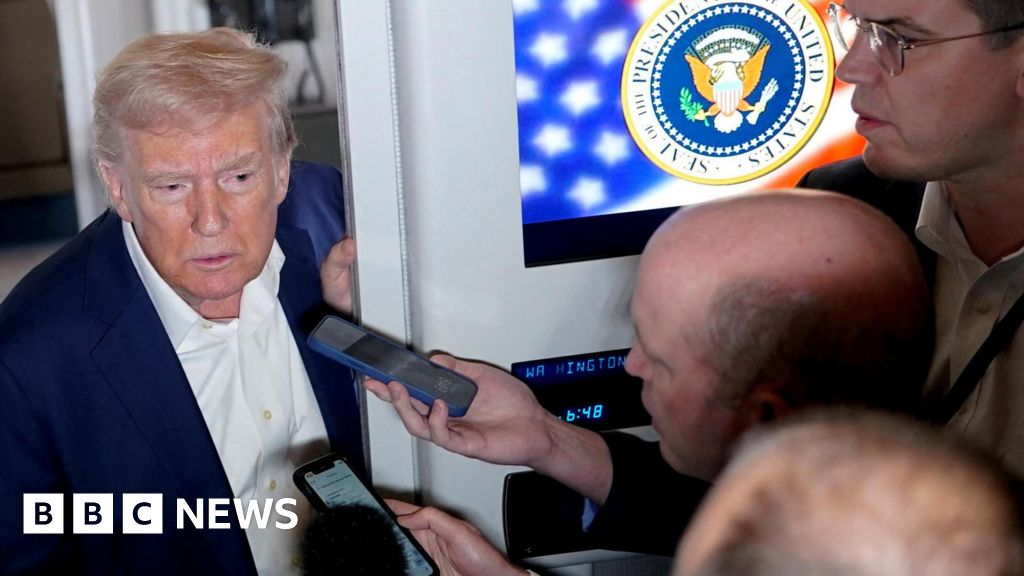Texthelp is committed to showing people neurodiversity can benefit businesses everywhere.
Google Images
Longtime readers of the column are undoubtedly familiar with the Ireland-based educational software maker Texthelp. The company last made an appearance in this space last March when I reported on Texthelp releasing findings of a survey that examined corporate support of neurodiverse workers. News of the survey came weeks after Texthelp announced it acquired fellow educational software company Don Johnston Incorporated, also covered by yours truly here.
Last month, during Disability Pride Month, Texthelp released its new #PowerMyPotential campaign, aimed at amplifying awareness of the neurodiverse community and how neurodivergent people “think, work and learn in ways that are truly unique” can prove an asset to the workplace if given the opportunity. Of course, Texthelp has leveraged the chance to explain why its products, such as the Read&Write app, can make the workplace more accessible to a neurodivergent person.
Texthelp has posted a video on the campaign to YouTube.
In a wide-ranging interview conducted via videoconference earlier this month, both Texthelp CEO Martin McKay and chief people officer Cathy Donnelly spoke glowingly of how, in Donnelly’s words, “what we’re doing from a people function perspective is really making sure that we’re practicing what we’re preaching.” Texthelp is eating its own dog food; the #PowerMyPotential campaign goes only so far, but Texthelp has committed itself to normalizing the core tenet of embracing neurodiversity at the company. Texthelp, Donnelly said, wants to be a place where people feel comfortable in disclosing their disability and expressing their needs and tolerances. 76% of disabled people don’t share their disability with their employer, according to Donnelly. It’s Texthelp’s mission to give people the tools they need to succeed, as well as create supportive safe spaces where authenticity is treasured. “We’re really building that culture of dignity [and] of respect of getting to know people professionally and personally,” she said. “I think with that culture of psychological safety, our people are competent and comfortable in their own skins and are able to be the best version of themselves.”
Donnelly told me that over the last 12 to 18 months, she feels Texthelp has “come great ways with our employer brand,” adding the organization was restructured last year and the company’s name is “getting out there.”
McKay echoed Donnelly’s sentiments. He added another way Texthelp is trying to practice what they preach is by making its software available not merely to its employees—they want works’ families to have access too. As McKay said, sharing assistive technology in this way is an important gesture because conditions like ADHD and dyslexia are inheritable. Parents with dyslexia are 40% to 60% more likely to bear a dyslexic child. It isn’t only Texthelp staffers who get access; the company turned it into an employee benefit such that other businesses could extend Texthelp’s apps to a worker’s family members. “We’ve had a really positive response to that,” McKay said. “It’s trying to reframe how people look at this stuff as a sort of generally useful tool that can unlock a little bit of potential [and] make people feel more supportive work, but then also go beyond that and support them support their families.”
The moral here is not all disabilities are visible. They can be invisible.
“I think raising the awareness of unseen disabilities is a really important part of all this,” McKay said.
McKay said he’s noticed a trend over the last few years where people are becoming increasingly more comfortable in disclosing their invisible disability. He cited Elon Musk and Arnold Schwarzenegger as two high-profile individuals who announced they are autistic and dyslexic, respectively. Moreover, McKay said the broader social push for empathy and inclusiveness has created “psychological safe spaces” in which people can share these more intimate details about themselves without fear of reprisal. This goes a long way in pushing back against longstanding stigmas surrounding disability. There has been misconceptions about dyslexia being associated with low intelligence.
“Many years ago, it was harder to get diagnosed,” Donnelly said. “I think there’s very few of us now that haven’t been touched in some shape or form by a family member who is neurodivergent. I think some of the role models—whether they’re highly successful career people or whether they’re famous people—I’ve been starting to normalize by sharing the fact they’re dyslexic or autistic, or whatever it may be, I think it is becoming much more okay [and] much more comfortable for people to talk about. Long ago, we would have assumed that people who were dyslexic weren’t that intelligent. What we’re noticing is those skills; we really need the creativity, the visualization. Those are skills that people who are dyslexic bring in our workforces that don’t come naturally to people who aren’t dyslexic. I think people are starting to realize the real benefits, skills, and talents that neurodivergent talent bring to their organization. I think we need to tell more of these stories.”
Of course, technology has made an impact in supporting neurodivergent people, but obviously with people coping with all sorts of disabilities. McKay noted, however, technology is a double-edged sword. It’s “much easier to support” neurodivergent people with today’s technological sensibilities. On the other hand, however, he noted someone with ADHD may find concentrating incredibly difficult nowadays due to ”so many distractions and notifications.” In the aggregate, McKay believes the digital world can be more accommodating to more disabilities than others. Where one person may thrive, another may be challenged.
Donnelly seconded McKay, saying there’s “an overwhelm of information” in these modern times dominated by technology.
Asked about the future, McKay expressed optimism. He believes the upsurge in interest in neurodiversity is attributable to the technical landscape improving and the societal push to make disability a regular part of DEI conversations. “There has been a more of an acceptance that there’s a whole bunch of people who are neurodivergent, definitely not stupid people, who can really bring value to work with a little bit of support,” he said. “The more that that happens [and] the more we see the workforce reflecting society, that’s better for everyone.”
Added Donnelly: “My ultimate vision would be that this [neurodiversity] assistive technology is available in every workplace. We can’t do having access to the technology right through their school years and through their university, then on the day they graduate, it’s like asking someone to hand back their reading glasses and wishing them luck in their career. We need to make sure that we’re really unleashing that potential as employers, and I think assistive technology is critical to that.”
“We’re trying to get to a place where people see the utility [of Texthelp’s software] and making these things available for everyone because it helps them understand what’s on the computer screen,” McKay said. “[It] helps them express that knowledge and have a better workday.”
Credit: Source link











